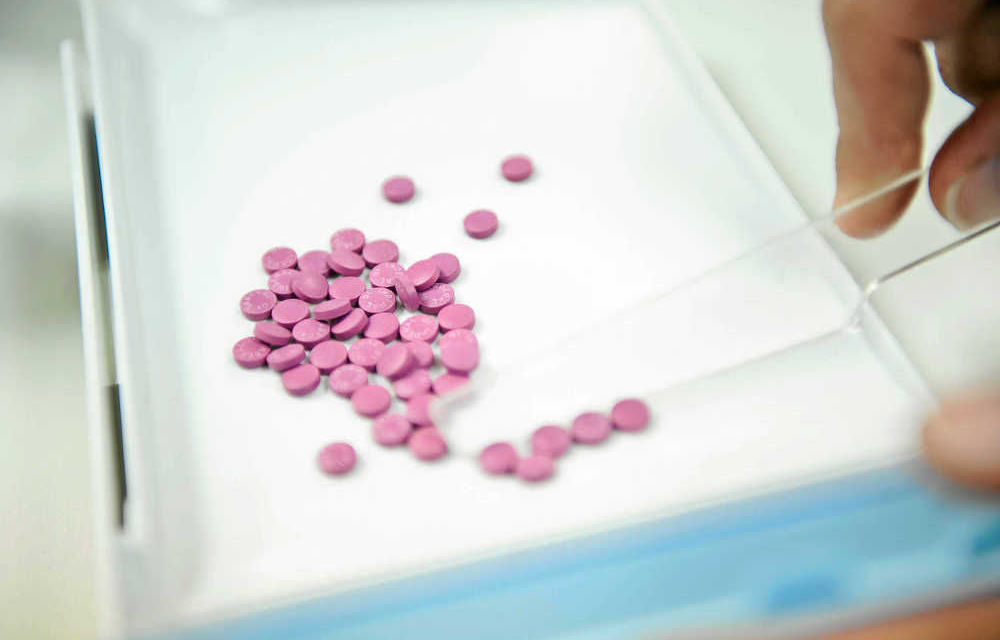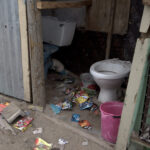Presented this week at the World Health Assembly, the document could usher in a new era in affordable healthcare. Here’s why we need it.
The prisoner’s heart is pounding in his chest.
“Admit your partner committed the crime, and you’re free. He’ll get three years,” the police officer barks.
Beads of sweat are forming on the inmate’s forehead.
“But,” the officer warns, “if you say nothing, and your partner rats you out, it’ll be you behind bars for the next three years. And he goes home.”
Should they both keep mum, it’ll be only one year each, the prisoner thinks to himself, his foot tapping against the cold metal table in the interrogation room.
His thoughts are racing. “What if he betrays me?”
If only the prisoner could send some kind of sign. Sure, he’s known his partner for years. But when the stakes are this high – how could he be sure he wouldn’t be double crossed?
The policeman is getting impatient.
He taps the handcuffs hanging from his belt: “So. Did you do it?”
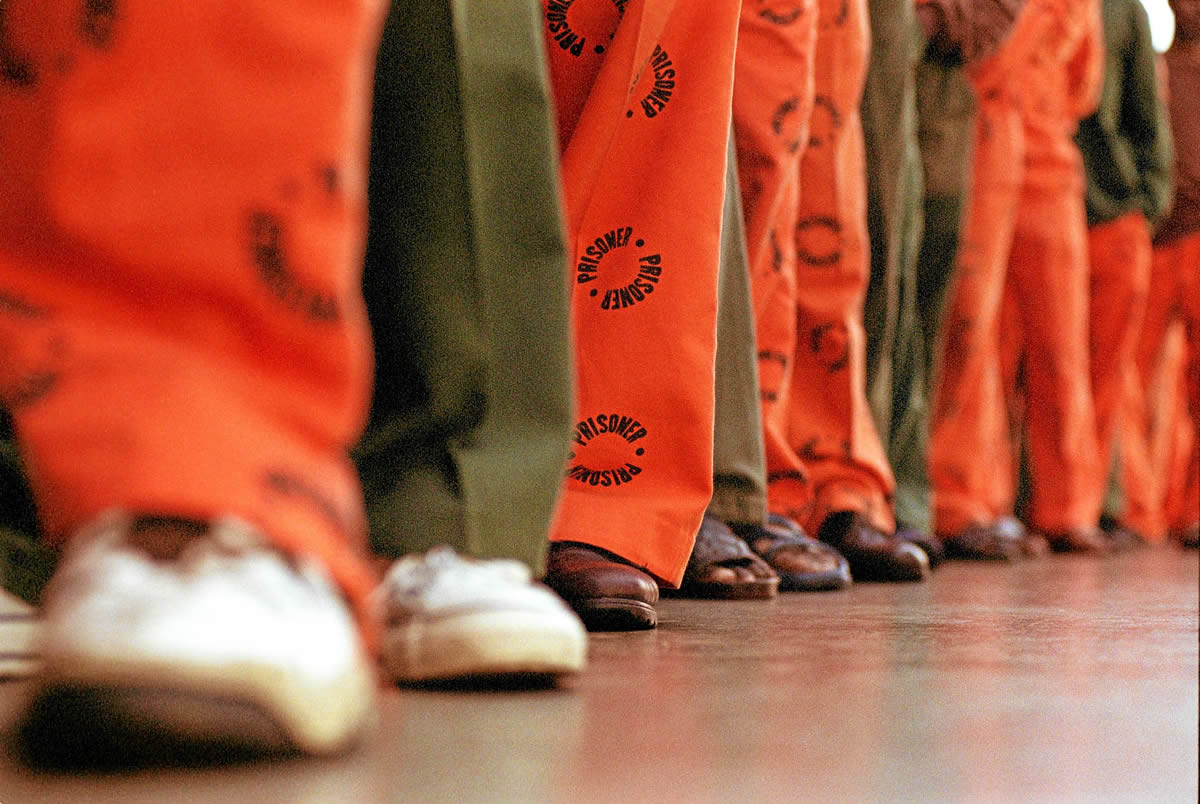
In a small conference room at Emperors Palace in Gauteng’s East Rand, delegates from all over the world are fervently discussing the prisoner’s dilemma, a thought experiment used to illustrate that even when it’s in their own best interest, people don’t always work together.
The side-event they’re attending was organised by civil society organisations such as the Fix the Patent Laws Campaign ahead of the World Health Organisation’s (WHO) second meeting on medicine prices, the Fair Pricing Forum, in April.
“Why would anyone put themselves at risk if they’re not sure others will do the same?” asks one of the delegates.
Except, in this case, what’s at stake is not a prison sentence. It’s the cost of medicines – and patients’ lives.
In South Africa, cancer patients pay exorbitant prices to stay alive. Blood cancer patients are paying over R 800 000 for a year’s worth of the chemotherapy medicine Revlimid, a report by Fix the Patent Laws and the Cancer Alliance found.
Loopholes in our patent laws are among the reasons medicine prices are this high, Bhekisisa reported earlier this year.
But that’s not all.
Drug companies have also used the cost of researching and developing new medicines to justify their high prices. However, a study published in the Journal of the American Medical Association this year found few links between the two.
The research included 99 cancer drugs approved by the United States medicines regulator, the Food and Drug Administration (FDA), over about 30 years. It revealed that companies coined about R200 for every rand spent on research and development – a ratio the authors say is unfair, even after they considered a reward for innovation.
Besides, companies aren’t always upfront about what costs really go into their products, says James Love, director of the public health law organisation Knowledge Ecology International.
And governments are falling for it.
Love explains: “If you’re an American living in poverty and you want to get food stamps, you have to provide all kinds of information about yourself and your income.”
But if pharmaceutical companies want a million dollar grant from [the US national health insurance programme] MediCare, the government’s not supposed to ask any questions.”
The cost of clinical trials should be a simple fact, not a political statement, Love argues.
“If we believe that, we’re allowing ourselves to be manipulated.”
In February, Italy’s health minister,Giulia Grillo, sent the WHO a resolution letter for discussion at the World Health Assembly. The World Health Assembly is an annual event which happens in May — during which all WHO member states gather. In the letter, Grillo proposes that drug prices could be reduced if countries forced pharmaceutical companies to be open about what it really costs to produce medicines. The plan is to give governments a way to enforce changes in the way medicine prices are set.
But, as is the case with the prisoners, countries must cooperate for the plan to work.
Just ask Switzerland.
The Swiss government is the only one whose drug prices are completely transparent, says Nora Kronig Romero. She’s the country’s ambassador for global health.
“No secret rebates,” she says, referring to the cash-back deals some countries negotiate with drug companies to get medicines for cheaper.
Instead, Swiss authorities negotiate drug prices for their citizens based on what other countries are paying.
Or, what they say they’re paying.
Since these prices could be inflated, the Swiss authorities are often left with the short end of the stick. Kronig Romero shakes her head: “It’s made us consider going back to the closed system. We cannot keep paying.”
Although the Swiss government doesn’t hide what it pays for medicines, the country does not force drug companies to reveal the cost of making their medicines — something Italy proposes should also be done. Without this kind of information, medicine costs cannot be called transparent, watchdog organisations argue in a statement.
Luca Li Bassi is the director general of the Italian Medicines Agency. “We’ll need everyone’s backing for the Italian resolution to work,” he says. “All members states would need to take action.”
This is where we can help, the WHO’s assistant director general for access to medicines, Mari?ngela Simão, says. “We can tell countries that if you sign on, you’ll get the best price. Otherwise, you’re on the wrong side of the prisoner’s dilemma.”
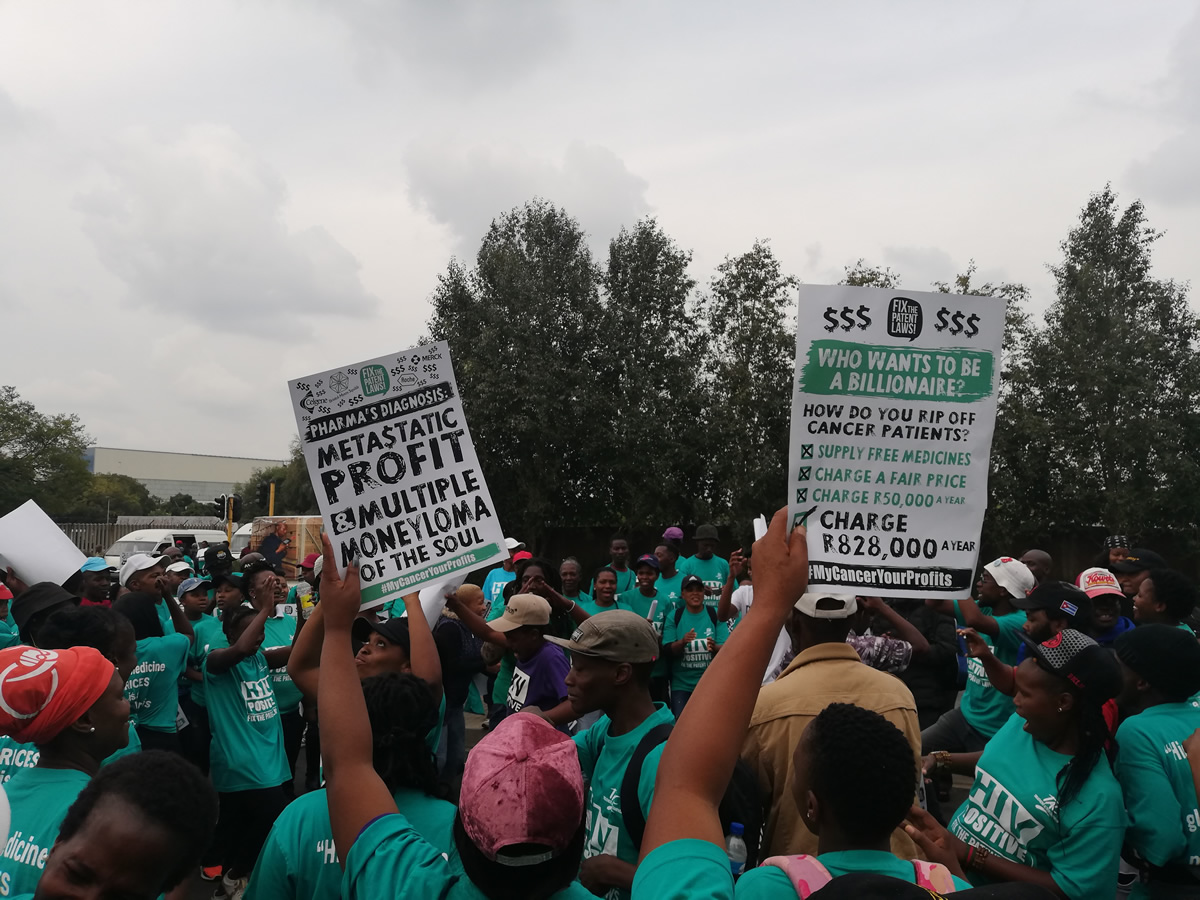
Outside the stuffy conference room, at least 10 police vans are idling around Emperors Palace in anticipation.
Minutes later, about 100 protesters dressed in matching turquoise T-shirts show up. “Your money or your life,” one T-shirt slogan reads. “Cancer Impatient,” another catch phrase says.
The activists are toyi-toying as one.
They’re mostly from patient activist groups, such as the Treatment Action Campaign and the Cancer Alliance. They’re here to handover a memorandum of demands to WHO leaders and South African health department officials.
“No fair price without transparency’, the first demand reads.
Over 60 civil organisations from around the world signed the document.
The posters the protesters are wielding are unapologetic: “Acquire a medicine, patent it, charge millions.” That’s how you become a millionaire, they say.
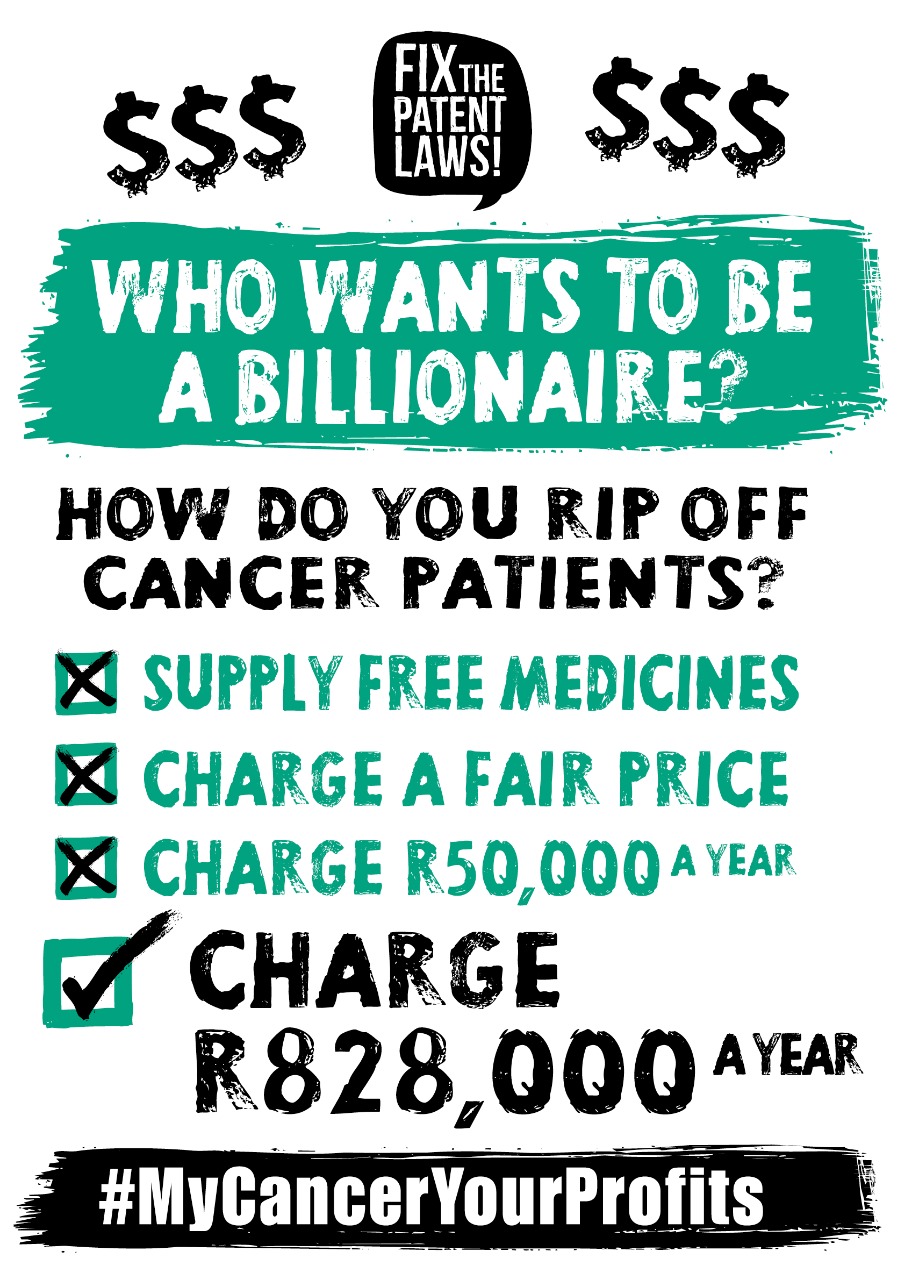
Activists are not going to settle for the same old discussion on affordable medicine, the Cancer Alliance’s Salome Meyer says, as she reads out the group’s demands to the local health department’s chief of staff Shireen Pardesi and the head of the WHO’s pharmaceutical pricing team, Andrew Rintoul.
“The research and development [costs] of medicines do not need to be paid by patients,” Meyer declares.
Inside the conference hall, Knowledge Ecology International’s James Love has decided to leave and support the protest. “It’s a radical idea [patients not covering research and development [costs],” he says. “And it’s exactly the topic I’ve come to South Africa to present.”
Currently, companies that bring new drugs onto the market are awarded with market monopolies that can stretch years through being awarded long-term patents that prevent anyone else from manufacturing a similar drug. For example, Celgene, the company that brought the blood cancer drug, Revlimid, onto the market, has had unprecedented protection from competitors for 40 years, according to a briefing paper compiled by the nonprofit Initiative for Medicines, Access & Knowledge.
Love and his colleagues want this system gone — at least in part.
Under their proposed new model, governments, charities or other research funders should pay for the research and development of new drugs. Companies are then rewarded with cash when their product enters the market, based on how good it is.
What could an overhaul of the system look like?
Market monopolies will be capped at 15 years, Love explains. And, “we’ll start introducing small rewards when new, good drugs enter the market”.
“The rewards will be increased gradually while also slashing the number of years companies can avoid sharing the market with generic drug makers,” he says.
Outside Emperors Palace, Pardeesi and Rintoul agree to take the TAC’s demands with them into the closed meeting. And later, the health department’s deputy director general for health regulation and compliance, Anban Pillay, signs the document.
But if countries don’t agree to work together at the World Health Assembly in May, cancer patients will be forced to keep navigating the exaggerated prices set by drug companies.
The protesters retreat. They’ve done what they can — for now.
As they leave, two young women, each wave a white and blue poster with large black letters, spelling: “My cancer, your profit.”
Joan van Dyk was a health journalist, senior health journalist and news editor at Bhekisisa between 2017 and 2023.
